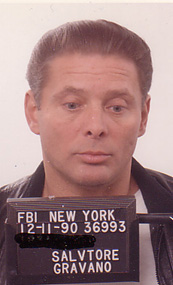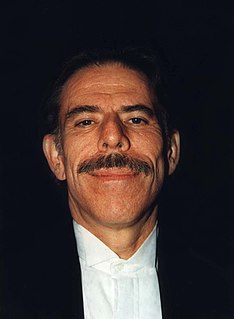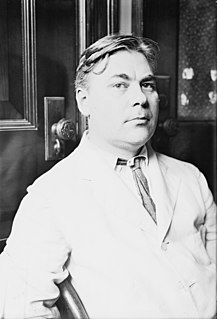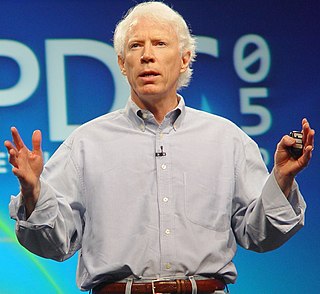A Quote by Troy Carter
When you have to negotiate for survival, and you have to know how to read rooms, and you have to know who the bad guys in the rooms are - who has the gun in their pocket, who's just going to brandish it, and who's going to actually pull the trigger. So I think that's just a natural instinct that comes with coming from where I come from.
Related Quotes
Now, in the sixties we were naive, like children. Everybody went back to their rooms and said 'We didn't get a wonderful world of just flowers and peace and happy chocolate, and it won't be just pretty and beautiful all the time,' and just like babies everyone went back to their rooms and sulked. 'We're going to stay in our rooms and play rock and roll and not do anything else, because the world's a nasty horrible place, because it didn't give us everything we cried for.' Right? Crying for it wasn't enough.
I think working with our producer Dan Cornith, he was in the same boat with us. We tracked in rooms in a huge warehouse just to give it a try. We didn't know what it was going to sound like - it might have sounded horrible, but it ended up sounding really good, just trying new things. It was a lot of fun.
The public interest always surprises me. I come to work in these rooms with no windows. At night I go home. I just live my life. I guess I just don't think much about whether people are going to watch. Most of my friends don't know much about what I do, and we don't talk about it. I have a different life away from work. Which is fine, because my work can get pretty intense.
We fret about words, we writers. Words mean. Words point. They are arrows. Arrows stuck in the rough hide of reality. And the more portentous, more general the word, the more they can also resemble rooms or tunnels. They can expand, or cave in. They can come to be filled with a bad smell. They will often remind us of other rooms, where we'd rather dwell or where we think we are already living. They can be spaces we lose the art or the wisdom of inhabiting. And eventually those volumes of mental intention we no longer know how to inhabit will be abandoned, boarded up, closed down.
When I'm improvising, I'm out of my head. I've done a lot of projects recently where there hasn't been a script. It's all been based on outlines. At first, that's terrifying, just because you don't have the words in front of you and you don't know how it's going to come out, but that's what's really exciting about it. You don't know what's going to happen. It really forces you to listen to the other people, and I think the most natural acting comes out of that.



































